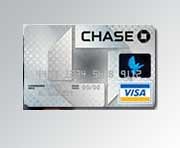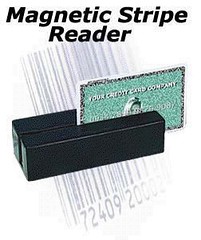GE Stolen Laptop Exposes 50,000
Adding to this year's list of offenders, General
Electric corporation is the latest to have a
"stolen" laptop containing highly confidential
consumer data of their current and former
employees.
With this exposure, resulting from the theft of
an employee's laptop from a locked hotel room, GE
was forced to notify an estimated 50,000 employees
last week in a letter their personal information
has been compromised.
Even though a GE company spokesman indicated he
believed the theft was simply a random criminal act,
they are offering a year's worth of free identity
theft monitoring to those negatively impacted.
Here's why.
General Electric, with diverse lines of business, is
also one of the leading providers of consumer credit
services through their GE Consumer Finance group.
GE Finance holds many retail clients who actually
open up the credit accounts with consumer. Here's
just a small sampling of their credit clients:
- Home Depot
- Mervyns
- Lowes
- Sam's Club
- Walmart
According to an excerpt from the company's fraud
policy website, they offer tips they themselves
evidently do not take seriously:
"..is committed to helping consumers protect
themselves against identity theft and fraud"
"Will not ask for financial or personal information,
such as user names, passwords, credit card numbers,
social security or bank account numbers, via e-mail"
The data contained on the stolen laptop included
that highly sought by identity thieves for the
ability to quickly open up new credit and
wireless accounts:
- Names
- social Security Numbers (ssn)
Once again, an unsecured laptop in a publicly
accessible area - containing unencrypted and
highly confidential consumer data was stolen
due to an errant employee.
According to the GE spokeman the data was
"being used in a project".
What possibly would an employee need the
names and social security numbers of 50,000
people for a project that he had to work on using
a portable laptop with unencrypted data in a
hotel room?
Well, according to General Electric they have
"strict policies in place for laptop and data
security". Evidently those strict policies
do not cover encrypting sensitive
consumer data transported outside
the company premises.
GE did not disclose what hotel nor even the
city the identity theft occurred.
Given, the average time needed by an identity
theft victims to repair the damage is 330
hours (14 days) most of which you can believe
will be away from work, it's prudent to pull
out all stops to prevent this type of fraud
from happening to you.
So, our tip for today is if you or anyone you
know is a GE employee both past and present,
have them contact their employee benefits
coordinator immediately for more information.
Make sure to get the details for how you can
qualify for the year's worth of "free"
credit monitoring services.























